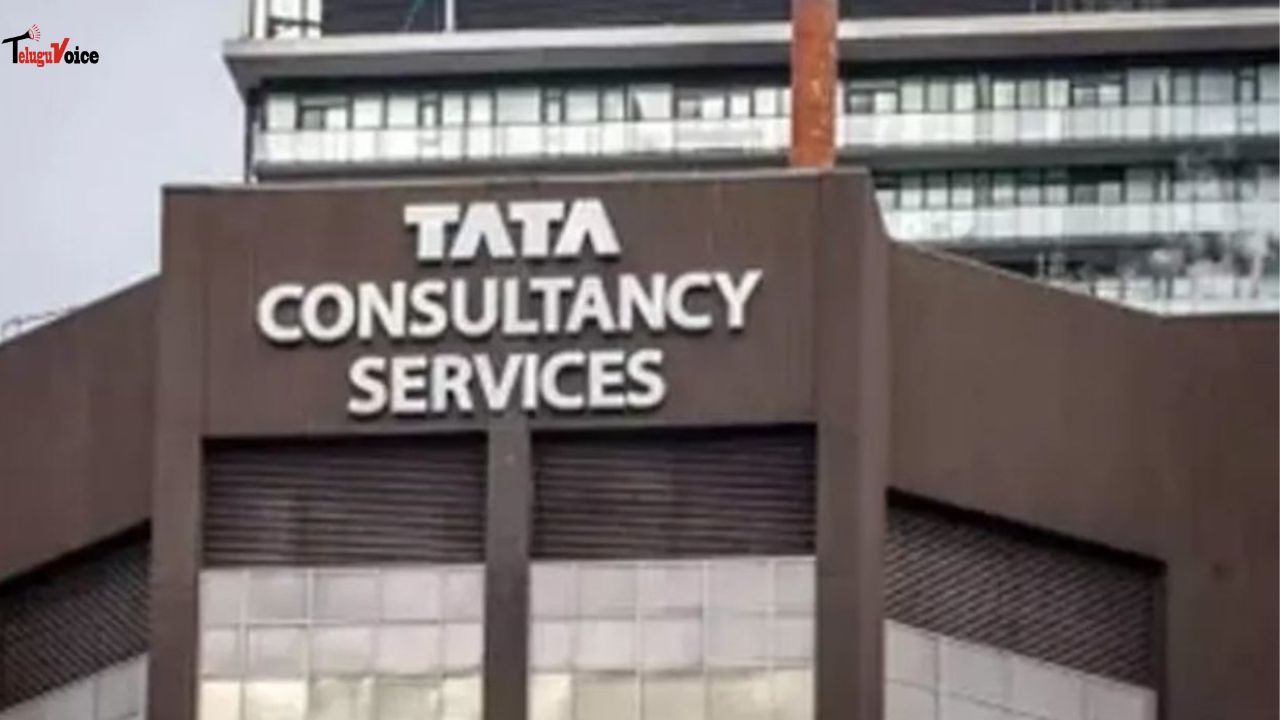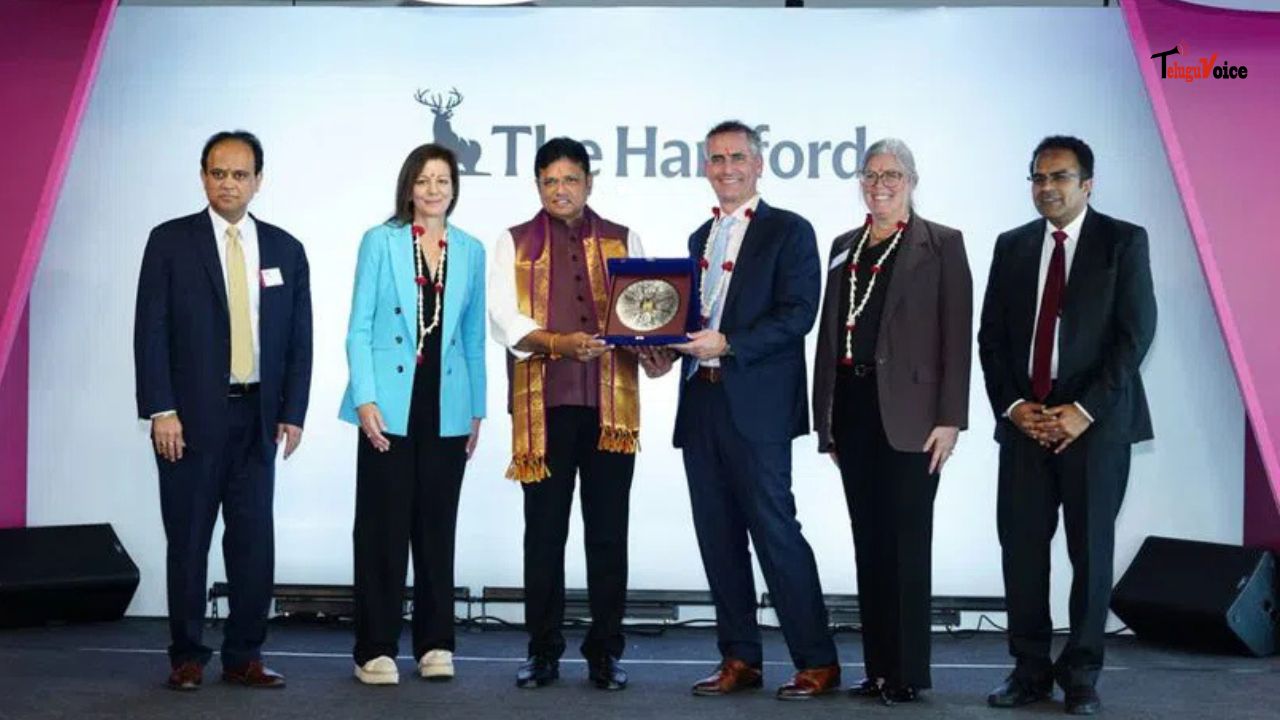TCS Halts New H-1B Hiring, Shifts Focus to Local Talent and AI-Driven Roles

In a major strategic move, Tata Consultancy Services (TCS) has announced that it will stop hiring new H-1B visa applicants for now, signaling a shift in its global workforce strategy. CEO K. Krithivasan confirmed the decision in a recent interview, stating that the company will prioritize expanding its local workforce in the United States and Europe instead of bringing in new foreign employees on H-1B visas.
TCS has historically been one of the largest users of the H-1B visa program, employing over 98,000 H-1B workers between 2009 and 2025, including 5,505 hires in 2025 alone — more than Microsoft, Apple, Google, or Meta. However, Krithivasan said, “We have enough people on H-1 already in the US. I don’t think we would be looking for adding to that count anytime now.” He explained that TCS typically rotates employees on international assignments and then brings them back, rather than hiring indefinitely on H-1B visas.
Focus on Local Hiring and AI
Krithivasan highlighted that the company’s AI-driven projects require deeper client collaboration and broader skill sets, prompting TCS to hire local talent in key regions such as Latin America, the Middle East, Asia-Pacific, the US, and Europe. TCS already has a high percentage of local employees in several regions, and this approach will now be extended further.
Industry Impact and Visa Strategy Shift
Industry experts believe this decision could cause a decline in H-1B visa usage across the tech industry. Companies like Amazon, Cognizant, and Microsoft may follow TCS’s lead. According to Hyderabad-based consultancy manager M. Dinesh, companies may increasingly rely on L-1 visas, which allow intra-company transfers from India to the US and are more cost-effective and flexible than H-1B sponsorships.
This marks a major shift in the global staffing model of Indian IT firms, as they move away from visa-dependent hiring toward localized, skill-diverse teams aligned with AI, cloud computing, and next-generation technologies.

 South Africa tour of India 2019
South Africa tour of India 2019










Comments